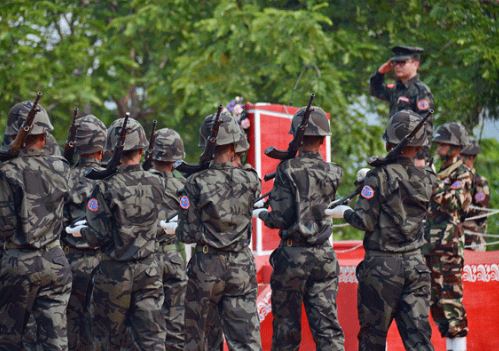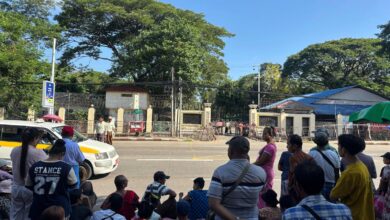The Arakan Army’s Strategic Victory in Northwestern Myanmar

In a significant turn of events in Myanmar, the Arakan Army (AA), an ethnic armed organization, has claimed control over the strategically important city of Paletwa in the Chin State. This development marks a major shift in the ongoing conflict in Myanmar and has implications for the region’s stability and trade.
Strategic Importance of Paletwa:
Paletwa, located along the Kaladan River, is not only a strategic military position but also a crucial node in the regional trade network. Its capture by the AA disrupts the central government’s control over the region and potentially impacts the major trade route that runs through it.
Background of the Conflict:
The Arakan Army, primarily active in the Rakhine and Chin States, has been engaged in an armed struggle against the Myanmar government. The AA seeks greater autonomy for the Rakhine people and has been involved in intense fighting with the Myanmar military, known as the Tatmadaw.
Impact on Civilians:
The conflict has had a devastating impact on civilians. Reports of human rights abuses, displacements, and a humanitarian crisis have emerged from the region. The situation in Paletwa underscores the urgent need for humanitarian aid and protection for civilians caught in the conflict.
Regional Dynamics:
This development is significant in the context of Myanmar’s complex ethnic conflicts and regional geopolitics. The AA’s control over Paletwa may influence the dynamics of the broader conflict in Myanmar, affecting negotiations and power balances among various ethnic groups and the central government.
International Reactions:
The international community’s response to the situation in Myanmar has been cautious. While there are concerns about the escalation of violence and human rights violations, the complex ethnic and political landscape makes international intervention challenging.
The Arakan Army’s Goals:
The AA’s recent success in capturing Paletwa is part of its broader objective to gain political recognition and autonomy for the Rakhine State. The group has been increasingly assertive, posing a significant challenge to the Myanmar government’s authority in the region.
Future Outlook:
The situation in Paletwa and the wider conflict in Myanmar remain fluid and uncertain. The AA’s control of Paletwa has the potential to shift the balance of power in the region, with implications for ongoing peace efforts and the future of Myanmar’s diverse ethnic groups.





